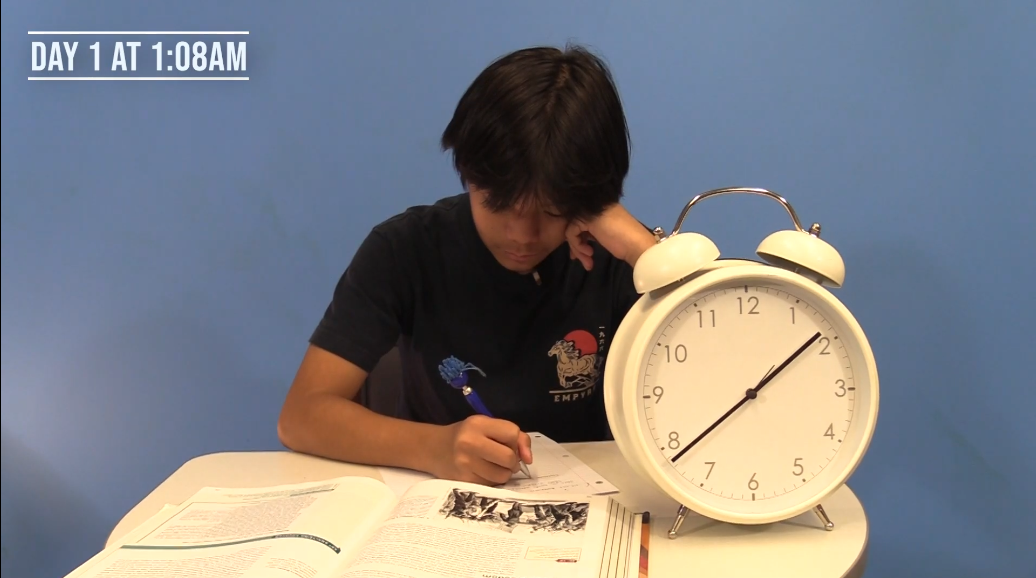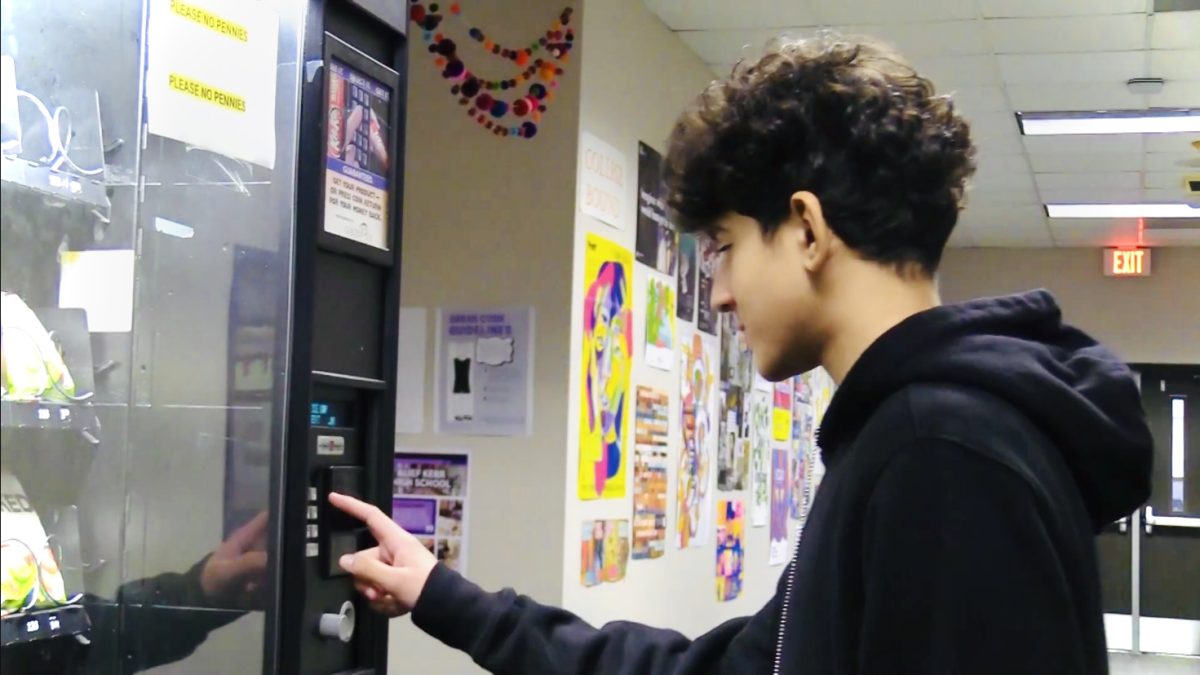Reading on the go has gotten easier with the development of electronic readers like the Amazon Kindle and the Barnes & Noble Nook. Both devices are gaining popularity all over the globe because of their portability and ease. Although both the Nook and Kindle boast easier reading and cheaper books than print books, users say there are many reasons to buy one of the devices.
Doris Curry, business teacher, said that she bought a Kindle because of its versatility.
“I had more choices of books and the library that I could actually download from was larger,” Curry said. “In addition, the number of free books was also larger.”
According to Curry, there are many benefits from using the Kindle.
“I read faster, there is less eye strain, convenient, lightweight, easy to travel,” she said. “And when I finish a book I don’t have to go buy another one or go to the library. I can just choose the next book.”
Nook users also talked about the benefits their book readers.
“You get to own the book forever,” science teacher Debbie Valdez said. “It’s convenient and it’s cheaper than a new book.”
Nooks and Kindles are not only for teachers though. Many students have already received their very own portable electronic book reader.
“It lasts longer, it has more storage space and you could put music on it like an iPod,” Kindle user Ella Morgan, a junior, said. “I [can also] go on Facebook or play Scrabble on it.”
Sophomore Murietta Flores said that her Kindle is a lot lighter than carrying around the amount of books she normally reads.
“It’s a portable Barnes and Noble,” she said.
There are some disadvantages to electronic books. Users of both devices expressed some concerns.
One complaint was that the electronic books do not have pages that can be turned.
“It makes the Kindle a little less realistic and you’re more likely to get bored of it,” Flores said.
A disadvantage with the Nook was that it isn’t multiple user friendly.
“You can’t really share it,” Valdez said.
Morgan’s complaint was the short appeal of the reader.
“It gets kind of boring after a while,” she said.
Even with the variety of use and a large amount of fans, electronic readers may someday be old news, Valdez said.
“They might be made obsolete by smart phone technology.”
Feature story by Journalism I student Jesus Escobar.






